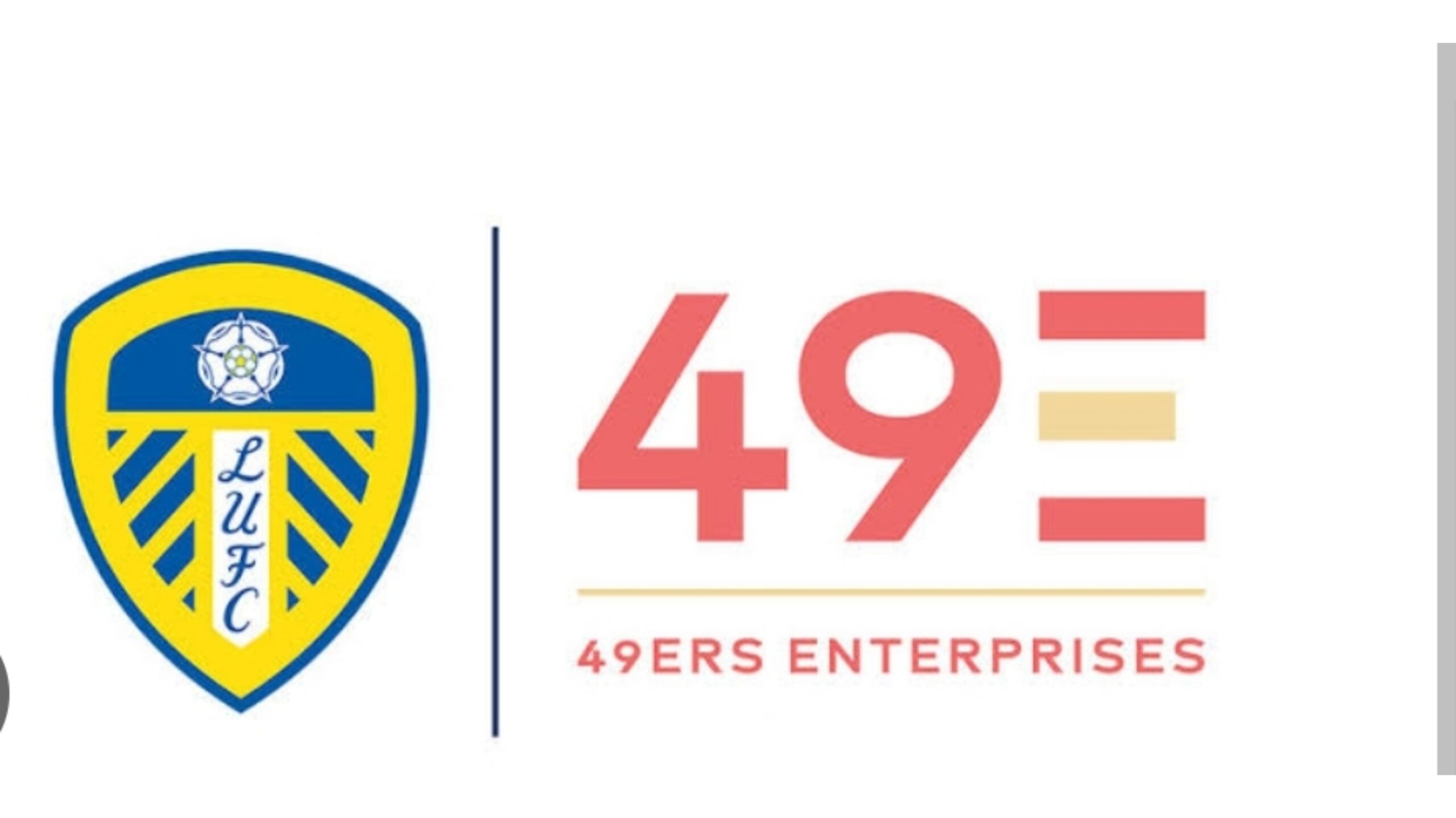Leeds United’s performance at Elland Road on Saturday resulted in a convincing 3-0 victory over a struggling Coventry City side. While the scoreline suggests a dominant display, manager Daniel Farke’s post-match comments revealed a nuanced perspective on his team’s performance, acknowledging both strengths and areas for improvement.
The first half of the match saw Leeds United assert their dominance in spectacular fashion. The home side unleashed a barrage of 10 shots on the Coventry goal, while effectively stifling their opponents’ attacking efforts, preventing them from registering a single attempt. This offensive onslaught bore fruit in the 16th minute when Wilfried Gnonto broke the deadlock, giving Leeds a well-deserved 1-0 lead.
However, the second half saw a shift in Leeds’ approach. The team appeared to adopt a more conservative strategy, reducing their shot count to just three. Despite this apparent reduction in attacking intensity, Leeds managed to extend their lead twice more. Jayden Bogle found the net in the 49th minute, doubling Leeds’ advantage. Later, in the 79th minute, substitute Joël Piroe continued his impressive form by scoring for the second consecutive match, putting the result beyond doubt.
While the victory was undoubtedly a cause for celebration, it came with a potential setback. Ethan Ampadu, a key figure in the Leeds lineup, was forced to leave the field prematurely due to what appeared to be a knee injury. The extent and implications of this injury remain to be seen, but it casts a slight shadow over an otherwise positive day for the club.
In his post-match press conference, Daniel Farke offered a measured assessment of his team’s performance. The manager praised the maturity shown by his squad, despite their failure to capitalize fully on their first-half dominance. Farke’s comments reflected a blend of satisfaction with the result and recognition of the continuous improvements being made by his team.
Farke was particularly impressed with his team’s defensive solidity and pressing game. He noted that Leeds had effectively nullified Coventry’s attacking threat, preventing them from creating any meaningful chances throughout the match. The manager also commended the quality of Leeds’ possession play, highlighting the “fantastic team goal” that opened the scoring.
However, Farke didn’t shy away from addressing areas where his team could have performed better. He acknowledged that Leeds had the opportunity to put the game beyond reach in the first half, given the number of chances they created. The failure to do so meant that maintaining focus and starting the second half strongly was crucial.
The manager drew a comparison to a previous encounter with Coventry, where Leeds had let a 1-0 lead slip, resulting in a 1-1 draw. This historical context underscored the importance of Leeds’ strong start to the second half, which was exemplified by their excellent second goal.
Farke did note a slight dip in his team’s performance following the second goal. He observed that Leeds “took the foot off the gas a bit” in terms of possession, suggesting that there was room for improvement in terms of composure and decision-making on the ball during this period. However, the manager was quick to contextualize this slight downturn.
He pointed out the challenging circumstances his team was facing, including the absence of several important players and the quick turnaround between matches. Farke mentioned that some players, such as Pascal Struijk and Junior Firpo, had been dealing with minor injury concerns during the week leading up to the match. The in-game injury to club captain Ethan Ampadu further complicated matters.
Moreover, with Leeds facing a congested fixture list of three games in six days, Farke expressed understanding for his team’s decision to adopt a more conservative approach after establishing a comfortable lead. The priority shifted towards maintaining defensive solidity and managing the team’s energy levels.
In essence, Farke’s comments paint a picture of a manager satisfied with his team’s overall performance and result, but also acutely aware of the areas where improvements can be made. His balanced assessment demonstrates a commitment to continuous development, even in the wake of a convincing victory. It’s clear that while Leeds United are making strides under Farke’s guidance, the manager is focused on refining every aspect of their game as they continue their campaign in the highly competitive Championship.






